Native plants are the foundation of diverse ecosystems.
But… when native plant communities are missing from the landscape, where does the seed needed for restoration come from? We can’t expect small and unhealthy plant populations to re-vegetate entire landscapes on their own, can we?
In many cases passive restoration isn’t enough to return biodiversity and ecological function to landscapes. In order to better protect and support native plants and they work they do, the Canadian Wildlife Federation has just launched a process to frame a National Native Seed Strategy. The strategy will help to accelerate ecosystem recovery, and support nature-based solutions to climate change from the ground, up!
It Starts From a Seed
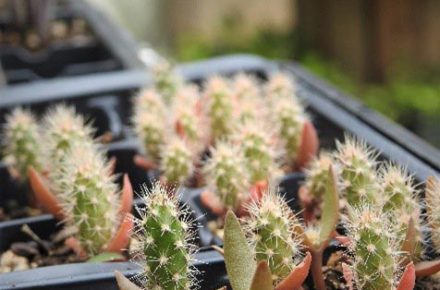
All new terrestrial ecosystems start from seeds. In recognizing this, we must safeguard, increase and protect plants as the source of all future seeds is essential for natural disaster and emergency planning. This approach is especially needed in regions where climate change has intensified the risk of wildfire and flooding. Similarly, seed conservation is important for rare plants, and those form precarious habitats such as coastal, arctic, and alpine regions, as well as other rare plant communities like alvar, chaparral and grassland.
With a few exceptions, plant conservation in Canada is largely focused on species at-risk, as well as trees used in commercial forestry and reforestation. The growing requirements for some plants are therefore well known, but for most species, there is very little information to guide their conservation and restoration. Many of these plants exist in a sort of conservation grey-area. Despite having tremendous cultural, medicinal and ecological value, most plants aren’t rare enough to be legally protected. As such they aren’t the focus of recovery actions and they’re not showy or economically valuable enough to be get any attention from the horticulture and forestry sectors.
Sourcing Native Seeds
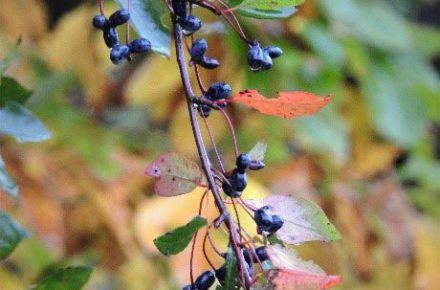
We are two years into the International Decade on Ecosystem Restoration, and many countries are making commitments to habitat restoration. Setting targets is important but meeting them requires strategic action to protect and enhance the building blocks of terrestrial ecosystems — plants. It is no surprise that habitat restoration relies specifically on re-vegetation with native plants, and therefore generates a demand for new plants in the form of seed or seedlings. Where do these new seeds come from?
Many people across Canada grow native plants from local seeds, and through these horticultural relationships, we can help each plant reach their full regenerative potential. One way to do this at a large scale is to cultivate native plants in garden spaces that optimize their health for seed productivity, like many other plants grown as food crops. Local native seed gardens and orchards help regenerate the surrounding landscape and create new habitat without putting continued pressure on maternal, wild populations.
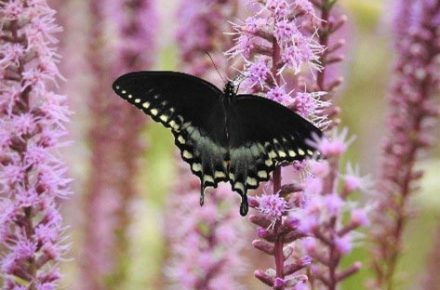
Purposefully cultivating large patches of wild plants of local origin for their seed provides direct, tangible support to regenerating native plant communities. Once mature, these orchard spaces provide not only seed for additional restoration nearby, but also provide green jobs and serve as education and community hubs — all while flourishing as restored native habitats themselves. Wildflower farms are particularly attractive homes for pollinating insects, especially butterflies. In southern Ontario, dense plantings of milkweed, mixed with large patches of nectar plants make local-origin seed producers a haven for migrating Monarchs.
Learn more about our work with native seeds, as well as helping pollinators >


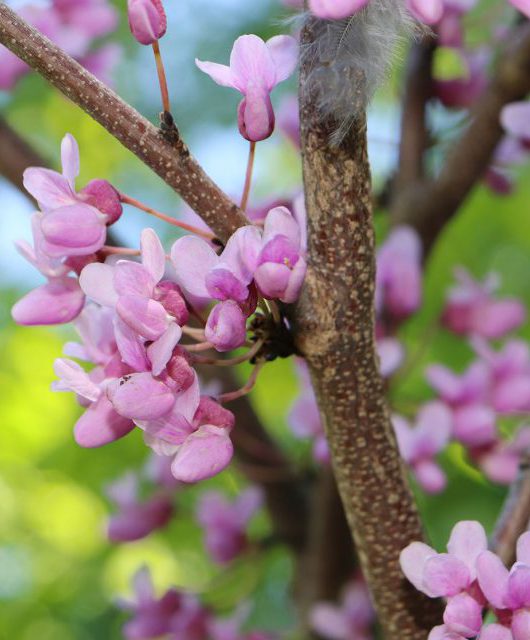
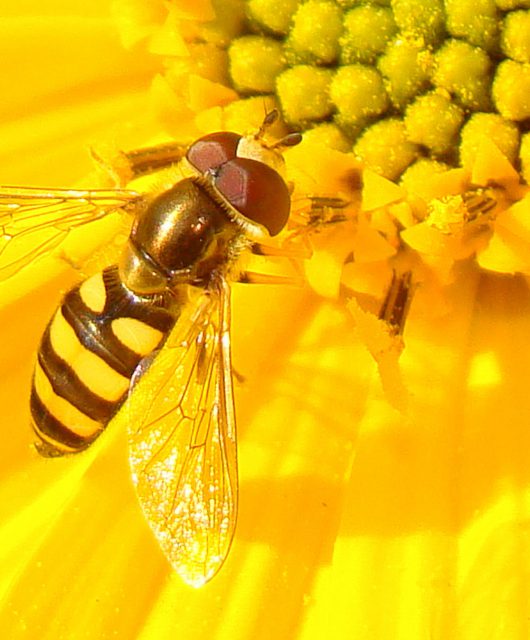
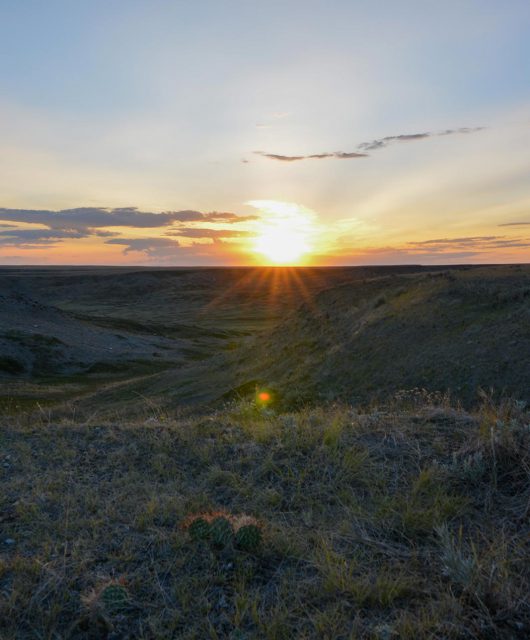
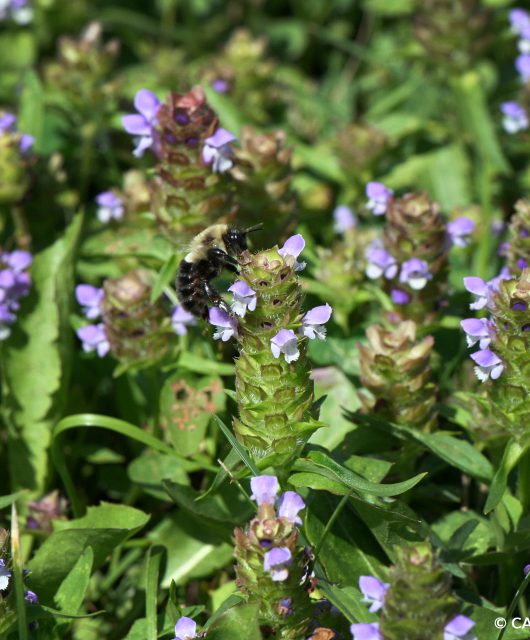
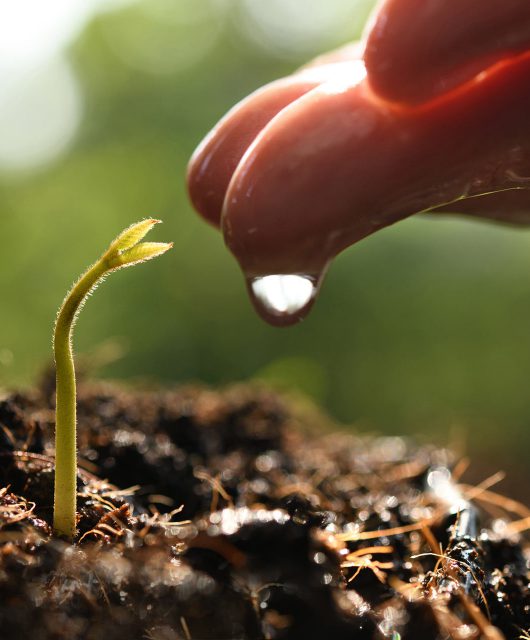
1 comment
Hi There, The Brooklin-Whitby Garden Club is hoping you can make a presentation on: “Adventures in Seed Conservation” to our members as we plan for the coming year. We meet on the fourth Wednesday of each month and have Sept 27 available. Our membership is about one hundred. We are hoping to have an in-person meeting. Meetings start at 7 :30pm and your presentation will be about one hour.
For the in-person presentation, we meet at Brooklin United Church, 19 Cassels Rd East, Brooklin, Ontario.
Can you please let me know what your fees will be ?
I’m looking forward to hearing from you soon.
Thank you-Speakers Director-Rahe Richards